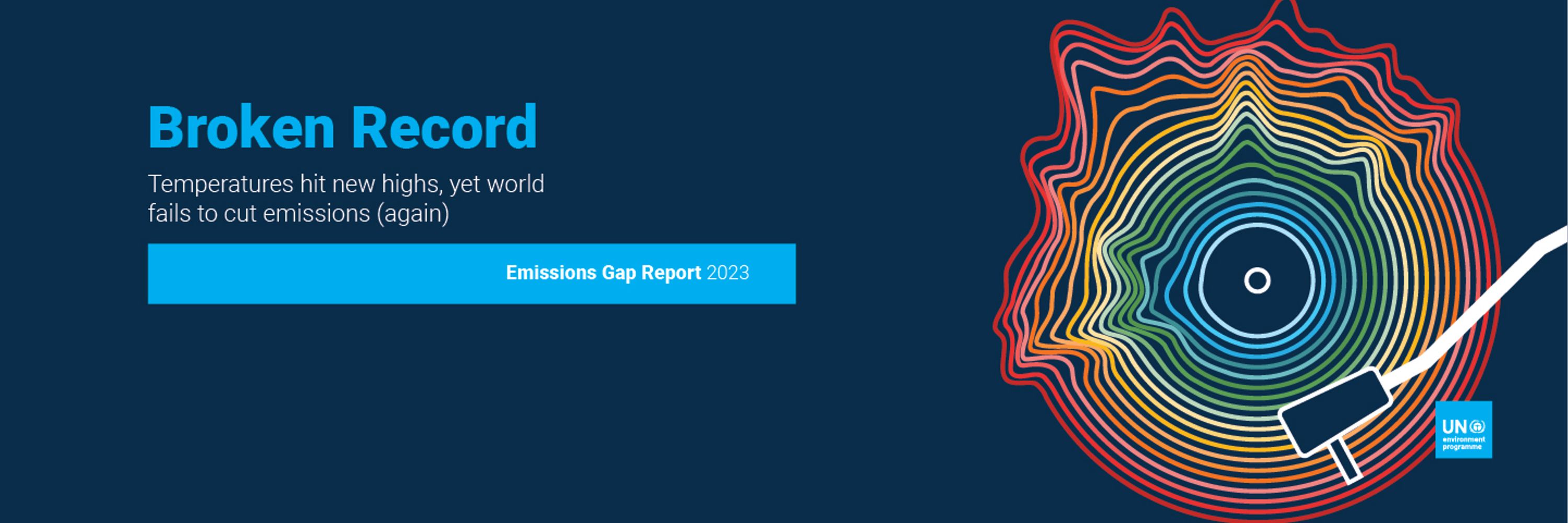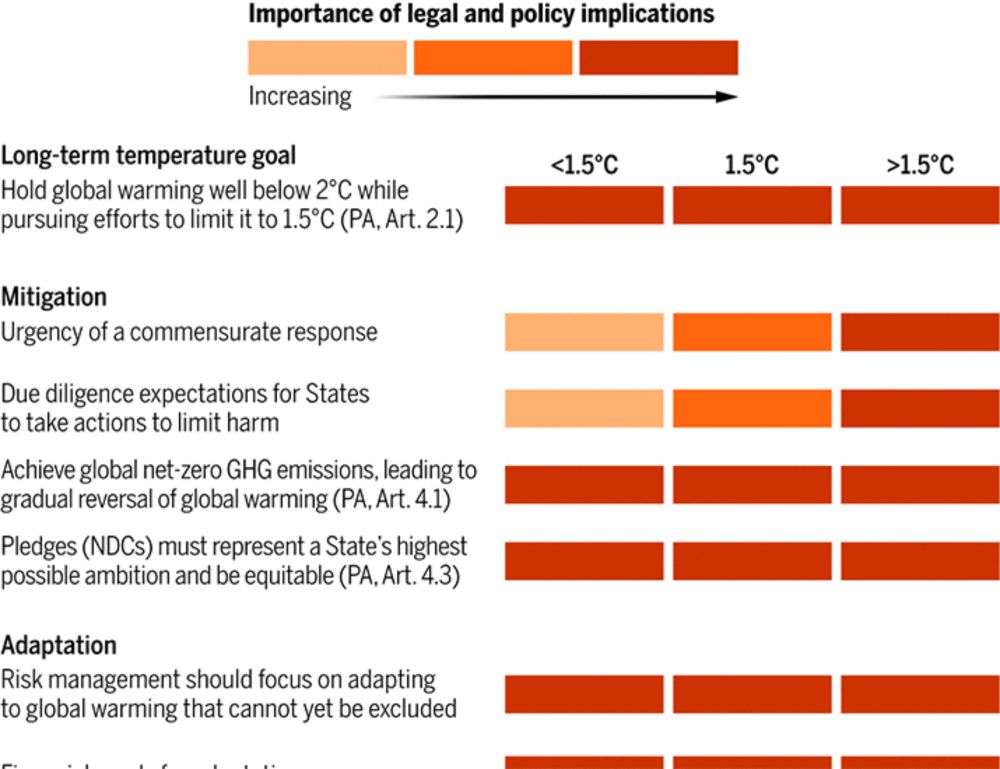
prof. climate science & policy | Imperial College London | 1.5C/net zero/carbon budget/pathways/justice | IPCC & UNEP lead author | ESABCC member | father
Joeri Rogelj is a Belgian climate scientist working on solutions to climate change. He explores how societies can transform towards sustainable futures. He is a Professor in Climate Science and Policy at the Centre for Environmental Policy (CEP) and Director of Research at the Grantham Institute – Climate Change and Environment, both at Imperial College London. He is also affiliated with the International Institute for Applied Systems Analysis. He is an author of several climate reports by the Intergovernmental Panel on Climate Change (IPCC) and the United Nations Environment Programme (UNEP), and a member of the European Scientific Advisory Board for Climate Change. .. more
Reposted by Joeri Rogelj, Peter Thorne, Roland Séférian
Since 2021, our European consortium has been building a new generation of Earth System Models to support mitigation & adaptation strategies aligned with the Paris Agreement. Watch these clips of our final video to see how far we've come!
🧵👇
#ESM2025isOver
Reposted by Joeri Rogelj

"COP30 leaves us between a rock and a hard place […] These NDCs have come in hesitantly, inadequately and unambitiously. They move the needle, but insufficiently to confidently avoid 1.5°C or even 2°C of global warming.”
It is good to see that some things are gradually (but so incredibly slowly) moving in the right direction. /end
Those have been lowered from 4C per-Paris to 2.3-2.5C (or even a bit lower) today. /7



Nice to read.
Would have been even better to see it lived. /4

Historical emissions in 2020 already added up to 4/5 (80%) of the total carbon budget for 1.5C with 50% chance.
Today, more than 95% of the 1.5C budget is used. /3

Reposted by Peter Thorne, Wim Thiery
Some reflections on references to science and evidence. /1
unfccc.int/sites/defaul...
Reposted by Joeri Rogelj, Sonia I. Seneviratne

The second draft "mutirão" text "recognises the centrality of equity and the best available science…as provided by the IPCC"
Reposted by Joeri Rogelj

As Professor @joerirogelj.bsky.social notes, it helped put the 1.5°C target “front and centre.”
16 years on, its message is more urgent than ever.
Reposted by Joeri Rogelj

📒 ow.ly/cpTr50Xq1X1
#COP30
In a new @science.org Policy Forum we explain how the 1.5°C goal remains a critical legal & ethical benchmark, even as the world nears and may soon exceed 1.5°C of global warming🧵1/
www.science.org/doi/10.1126/...

What does that mean for the #ParisAgreement 1.5C goal?
A good time to revive a thread about a piece we wrote earlier this year on this topic in @science.org 👇🌍🌡️
Reposted by Joeri Rogelj, Peter Thorne

With COP30 kicking off on Monday, a new paper by Julia Schönfeld and Professor Joeri Rogelj provides a framework for assessing countries’ climate pledges 🧵
Learn more: ow.ly/CiB050XnMK2
Reposted by Wim Thiery

Today, EU climate ministers agreed on a 90% target, with an 66.25-72.5% reduction as part for its new NDC for 2035.
Reposted by Joeri Rogelj

According to UNEP's latest #EmissionsGap Report, accelerated adoption of renewable energy and falling costs mean we have the tools to cut emissions now: www.unep.org/news-and-sto...

It's title says it all
OFF TARGET
that's true for progress, NDCs and implementation
The pursuit of limiting warming to 1.5C, however, remains imperative albeit from above instead of from below.
Reposted by Michel den Elzen, Wim Thiery, Richard Waite
The UN Emissions Gap Report finds that implementing current policies would lead to up to 2.8°C of warming, down from 3.1°C. 🧵


And how much global warming are we in for? 🌍🌡️ 🔥
For the 16th year in a row, we publish the @unep.org #emissionsgap report.
As usual, I looked the assessment of the global gap and its global warming implications.
Reposted by Joeri Rogelj

Read the report in full here: ow.ly/V7Zy50XmtCz
Reposted by Joeri Rogelj


The UN Emissions Gap Report finds that implementing current policies would lead to up to 2.8°C of warming, down from 3.1°C. 🧵

According to UNEP's latest #EmissionsGap Report, accelerated adoption of renewable energy and falling costs mean we have the tools to cut emissions now: www.unep.org/news-and-sto...

In 2019, the UK made history as the first major economy to commit to net zero by 2050.
But, while the science hasn’t changed, political consensus is fracturing.
We can’t wait to share our new film & to tell the inside story of the UK’s climate target
Stay tuned…
👀13 October



bsky.app/profile/gran...
Reposted by Joeri Rogelj



In 2019, the UK made history as the first major economy to commit to net zero by 2050.
But, while the science hasn’t changed, political consensus is fracturing.
We can’t wait to share our new film & to tell the inside story of the UK’s climate target
Stay tuned…
👀13 October

This firm response to climate science deniers marks the 10th anniversary of his Predecessor Pope Francis' encyclical "On Care of Our Common Home".
www.bbc.com/news/article...

